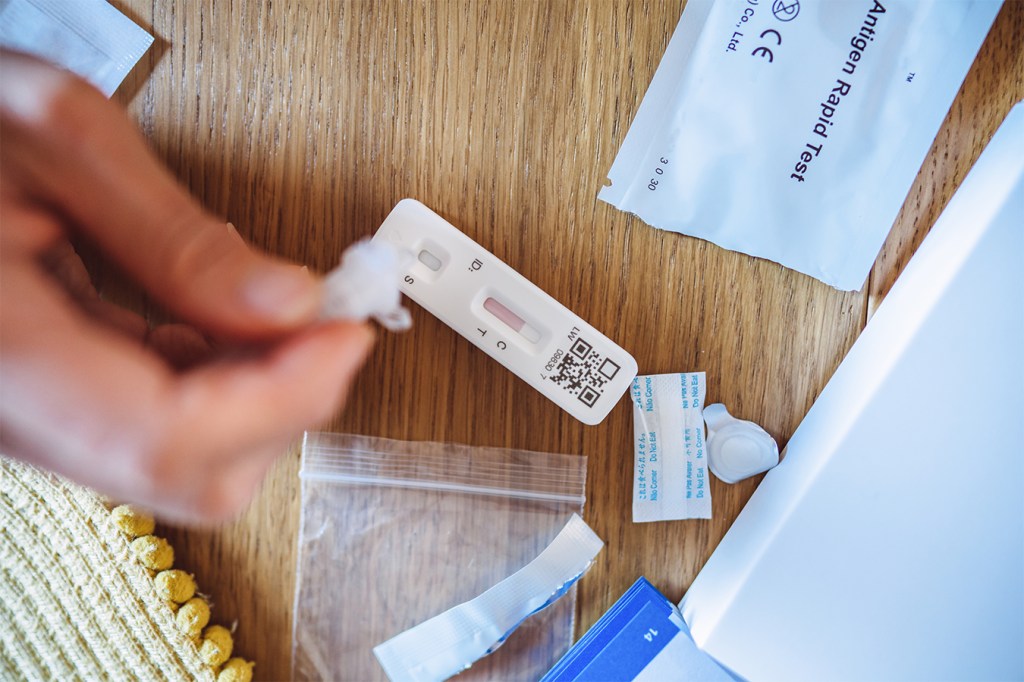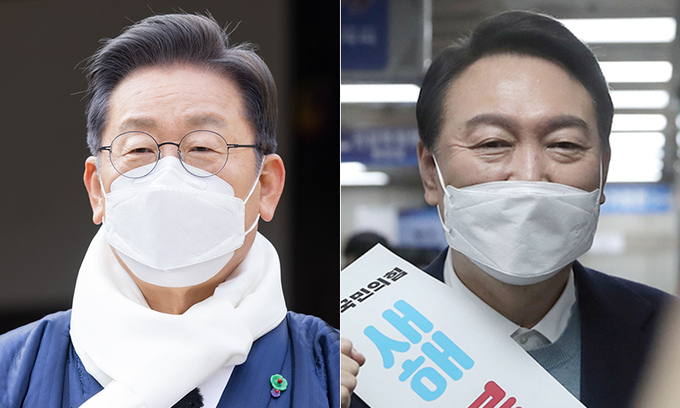— A call for enforcing trial reporting requirements
by
Elise Gamertsfelder, MSc, RN, and Leeza Osipenko, PhD
October 28, 2023
Gamertsfelder is a clinical and policy researcher. Osipenko leads a non-profit dedicated to improving the quality and integrity of clinical research.
I am greeted with a tired smile when I arrive to conduct my weekly clinical trial visit. For some of my home-based participants, I am the only face they have seen all week. Each patient is elderly, managing several health conditions, and is enrolled in a clinical trial to test a new drug for transthyretin-mediated amyloidosis — a systemic, progressive, and fatal condition.
Though these patients may not directly benefit from the research they participate in, they speak of their children, grandchildren, and younger relatives whom they hope will not suffer as they do. Participating in a clinical trial often exacts a profound personal toll — in addition to managing the disease itself, participants endure a relentless parade of invasive tests, struggle with new side effects, and worry about exposure to harmful substances. I often wonder how these patients would feel knowing that their efforts were for nothing — if the data from the clinical trial were never reported, the results were never published, and the study went to waste.
Clinical trials are the cornerstone of evidence-based medicine. All trial results — positive, negative, and neutral — must be made publicly available to allow for transparent decision-making by patients, physicians, and regulators. Without complete data, the evidence gets distorted: harms are downplayed, and benefits are overstated.
History of Clinical Trial Reporting Requirements
In the U.S., reporting the results of applicable clinical trials within a year of study completion has been a legal requirement since the early 2000s with the FDA Amendments Act of 2007 (FDAAA). Unfortunately, less than half of trial results are reported on time, with thousands of results still missing entirely. Even in orphan drug trials for rare diseases with no treatment or trials involving children and other vulnerable populations, reporting rates remain disappointingly low.
Prior to 2007, the U.S. had very little legislation mandating clinical trial reporting, and the pharmaceutical industry capitalized on it. Several documented examples of pharmaceutical companies concealing data have led to ineffective or dangerous medications flooding the market.
Poor transparency practices are not just limited to the pharmaceutical industry. Public and philanthropic sponsors — government organizations, universities, and charities — are all guilty of vastly underreporting the results of their research as well. While their reasons for not reporting may not be commercially motivated, public and philanthropic sponsors who fail to report their research contribute to needless study duplication, squandering millions of taxpayer dollars each year. Roughly half of all taxpayer-funded research conducted by the NIH in 2019 and 2020 still have unreported results; in some cases, the institute even rewarded delinquent trialists by handing out new grants.
The solution is simple — mandated and enforced results reporting. Before the arrival of FDAAA, no meaningful enforcement mechanism existed. FDAAA requires the results of all applicable clinical trials to be uploaded to the ClinicalTrials.gov database within a year of study completion. If a sponsor is delinquent in reporting a trial’s results, the FDA has the power to issue warnings, and then a fine — up to $13,000 for each day that the results are not posted. As of this month, the FDA could have collected at least $56 billion in fines.
Why, then, has not a single fine been issued? We believe the wording of the FDAAA is to blame. It grants the FDA sole enforcement discretion: it does not require the FDA to enforce the law or to collect fines; nor does it, as a 2020 lawsuit found, allow the public to interfere with the government’s discretion. The FDAAA also exempts all clinical trials completed before the law was enacted. As the trials for many of the most commonly prescribed drugs today were completed prior to 2007, the resultant incomplete data makes comparing the safety and efficacy of new drugs against older ones much more difficult.
Heavy grassroots campaigning efforts started by AllTrials and continued by TranspariMED have seen success in driving up results reporting rates, but there remains work to be done. Fortunately, political pressure to rectify poor clinical trial transparency practices has been steadily mounting. A Congressional committee sent a blistering letter to the FDA commissioner and the NIH acting director in January, demanding evidence of how the FDAAA is being enforced. In 2016, then-Vice President Joe Biden even threatened to cut funding for delinquent trialists but has thus far failed to fulfil this promise.
The Universities Allied for Essential Medicines (UAEM), a collective of student activists, have also joined the fray, submitting a Citizen’s Petition to the FDA that underscores how the agency’s inaction harms patients, the scientific community, and the FDA’s own reputation. The agency had 180 days to respond to the petition filed by UAEM in February 2023. Two days before the August deadline, the FDA delayed its response, citing that it would “require additional time…because of the complexity of issues raised.”
Next Steps
Solving the clinical trial reporting crisis will involve continued pressure on the FDA to respond substantively to the demands of the public, committing once and for all to prioritizing patient safety and essential knowledge sharing. Letters of support can be written and added to the FDA petition.
Redefining the language in the FDAAA statute to eliminate discretionary powers and enforce stringent reporting standards is also needed. By doing so, the FDA can align itself with global efforts to promote accountability and transparency in clinical research: the World Health Organization’s best practices in trial registration and reporting serve as a benchmark for the international community, with specific policy elements that can be universally applied and enforced.
Finally, trials funded by the NIH and other public agencies must be given the highest priority when enforcement begins, to prevent many more millions of taxpayers’ dollars from going to waste. The time has come for a comprehensive overhaul that serves the American population and aligns with the global commitment to fostering trust and transparency in clinical research.
Elise Gamertsfelder, MSc, RN, is a clinical and policy researcher. She previously worked as a clinical trials nurse for home-based patients and as an ER nurse in Chicago. Leeza Osipenko, PhD, is founder and CEO of Consilium Scientific, a non-profit dedicated to improving the quality and integrity of clinical research. She previously served as a director of Scientific Advice at the National Institute for Health and Care Excellence (NICE) in the U.K., critiquing clinical evidence submissions from the pharmaceutical industry.
Note: This article have been indexed to our site. We do not claim legitimacy, ownership or copyright of any of the content above. To see the article at original source Click Here













